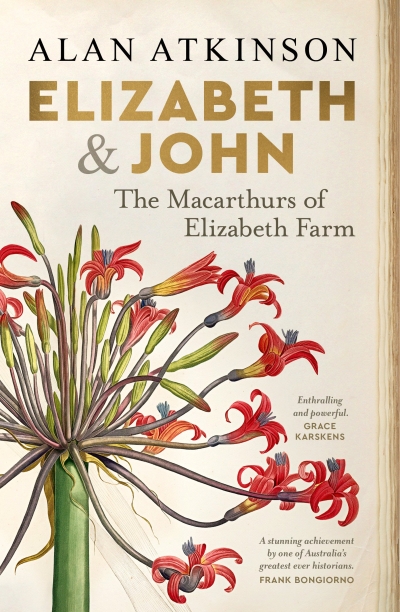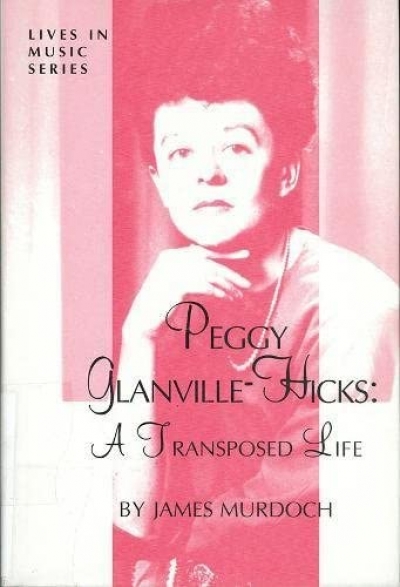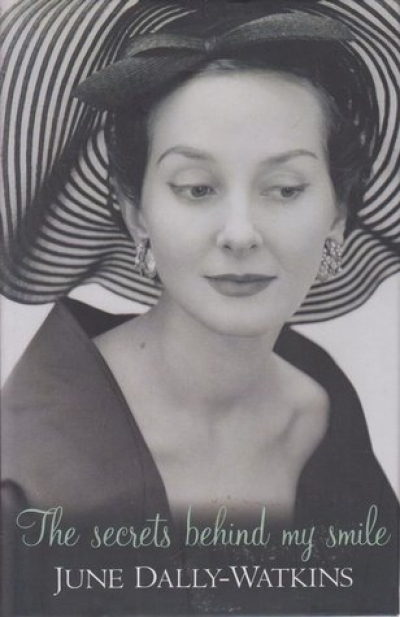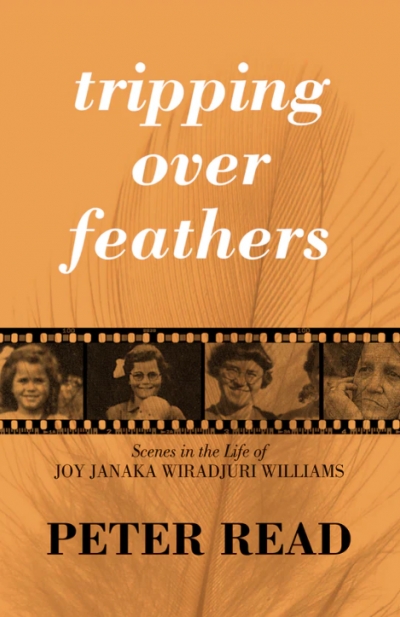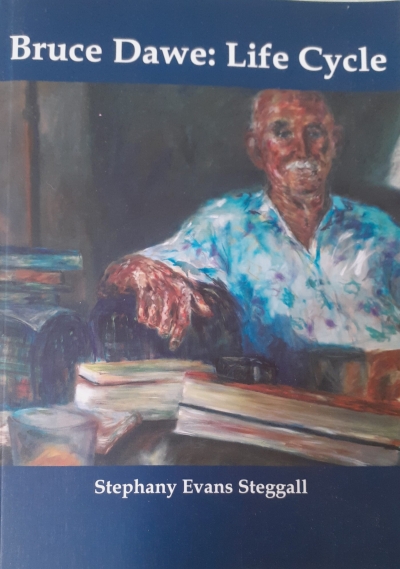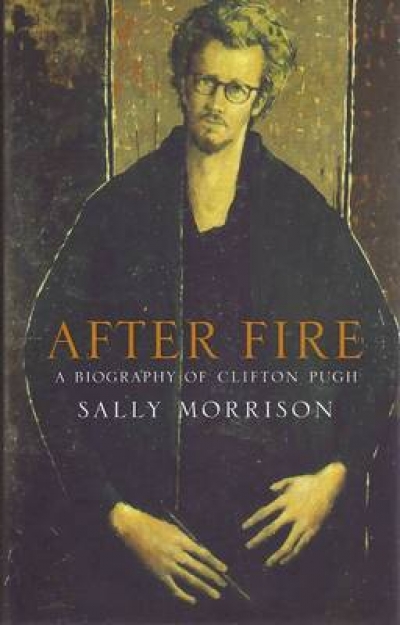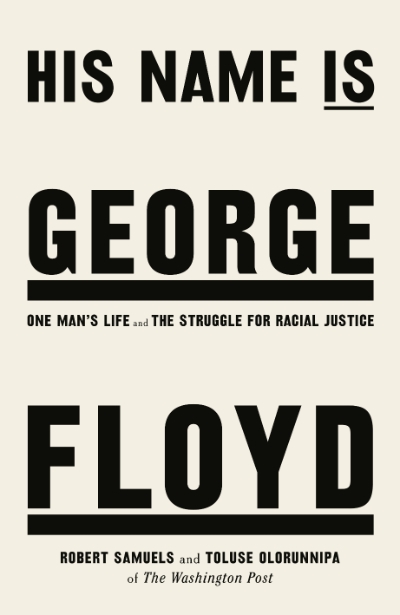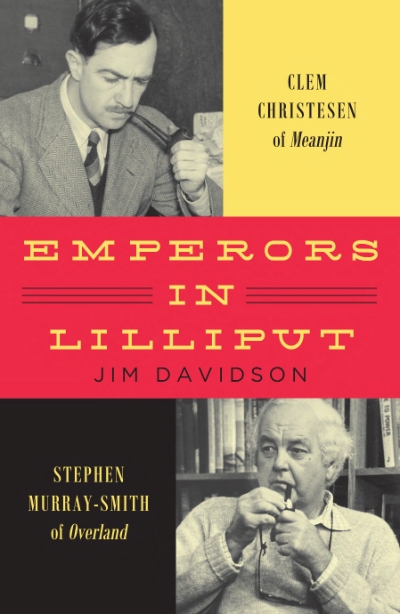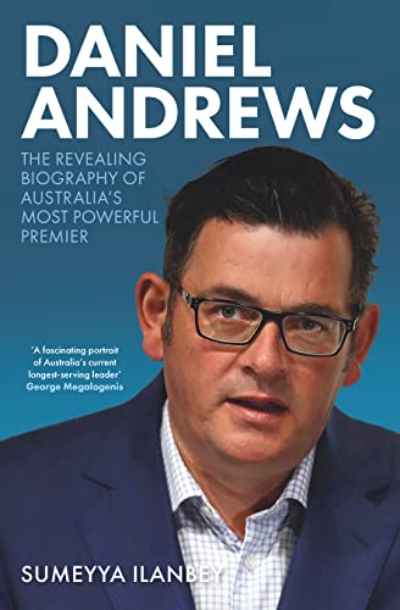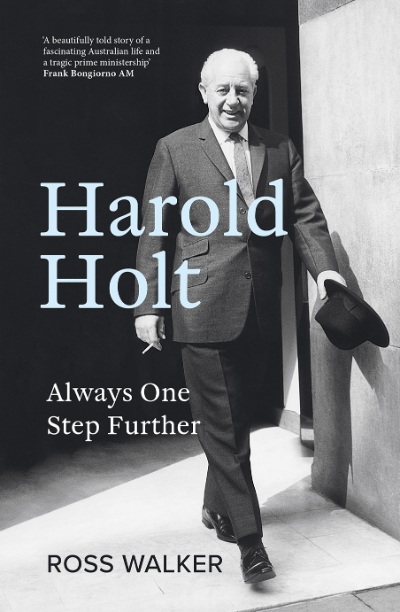Biography
Elizabeth and John: The Macarthurs of Elizabeth Farm by Alan Atkinson
'If we take it for granted that John Macarthur was a bad man,’ writes Alan Atkinson, ‘then all the surviving evidence takes on a colouring to match. If we think that, then every word he wrote is suspect. On the other hand, leave the question of character open and the evidence takes on a new richness altogether – a deeper and more complex humanity. That is what I aim to do in this book.’
... (read more)Peggy Glanville-Hicks ranks as one of the few Australian composers whose international training and reputation mean that she remains vastly more appreciated outside Australia than within the shores of her native land. A student of Vaughan Williams and Nadia Boulanger, a close friend of the Menuhins, Carlos Surinach, and a host of other major figures, she was a genuine pioneer in the realms of ethnomusicology and music journalism, and an energetic advocate in the articulation of a post-serial musical aesthetic. Her courage and enduring individuality in all of these areas make her one of the most interesting figures in the annals of Australian composers.
... (read more)The Secrets Behind My Smile by June Dally-Watkins & Kerryn and Jackie by Susan Mitchell
According to Andrew O’Hagan, writing in a recent London Review of Books: ‘If you want to be somebody nowadays, you’d better start by getting in touch with your inner nobody, because nobody likes a somebody who can’t prove they’ve been nobody all along.’ The journey from Nobody-hood to Somebody-hood is central to June Dally-Watkins’s recent autobiography. Indeed, O’Hagan’s pithy insight could almost have been the Sydney socialite and queen of etiquette’s mantra.
... (read more)Tripping Over Feathers: Scenes in the life of Joy Janaka Wiradjuri Williams by Peter Read
Some stories are very familiar to us, as a society, stories whose ugly truths we seem to have accepted, may even have, belatedly, apologised for, but the story of Joy Janaka Wiradjuri Williams, as told by Peter Read, reveals how much White Australia still has to learn about the complexity of our national past and the tragedy of its continuing legacy. Eileen Williams, three weeks after her birth in 1943, was sent to the United Aborigines Mission Home at Bomaderry, where she was renamed Joy. She grew up in state institutions and was later incarcerated in psychiatric hospitals, spending many years struggling with alcohol and drugs. As a young woman she had a baby taken from her, a repetition of the trauma inflicted on her mother and her grandmother. Joy, a poet and activist, mounted a long and unsuccessful lawsuit against the New South Wales state government. She died of cancer, alone, in 2006.
... (read more)The flyer for the Brisbane launch of this new biography of Australia’s most popular living poet described Stephany Evans Steggall and Bruce Dawe as ‘joint authors’, and while the title page lists Evans Steggall alone as its author, there is a sense in which the poet is indeed co-author of this collaborative account of his life. The title comes from one of his best-known poems, and the chapters take their titles from the poems with which they begin. Evans Steggall has also reordered poems written over many decades into a chronological sequence that enables the poet himself to tell much of his life story. She has added to this her own complementary account of that life, in which she has been assisted by the poet who, instead of writing his autobiography, has chosen to collaborate with his biographer. Such a venture has its constraints, which are increased when the subject is involved in the writing, but it also offers opportunities that the objectifying passage of time removes. In this case, the collaboration has produced an intimately personal account of a notable life viewed sympathetically and through the poet’s own eyes.
... (read more)Think of John Brack, or Fred Williams, and without effort or prompting a painting will come to mind. These names conjure up Brack’s urban figures with their blank yet expressive faces, or Williams’ minimalist landscapes. Instantly recognisable, they could have been painted by no one else. Yet their makers have never been celebrities. Brack’s Collins St, 5p.m. is more widely known than Brack the painter. Fred Williams always seemed too absorbed in his work to turn his face to the public. A portly figure in a suit, he was no one’s image of an artist. Arthur Boyd, so one of his friends wryly remarked, ‘sometimes backed shyly into the limelight’, but he was happiest away from the public gaze. Although the popular acclaim of the Ned Kelly paintings might well have obscured their creator, Sidney Nolan was tough and confident enough to emerge into a blaze of publicity (expertly kindled by John and Sunday Reed) and to withdraw when he pleased.
... (read more)His Name Is George Floyd by Robert Samuels and Toluse Olorunnipa
I have no intention of reviewing this book. What is there to review? The story it tells is one we are told every day. It does not need telling. You know it already – a story that is not a story at all.
... (read more)Emperors in Lilliput: Clem Christesen of Meanjin and Stephen Murray-Smith of Overland by Jim Davidson
‘In Sydney if you have something to say you hold a party; in Melbourne you start a journal,’ quipped the poet and critic Vincent Buckley in 1962. Buckley was an acute, astringent observer of the literary culture of the two cities. An outsider in both, he recognised Melbourne’s characteristic voice – ‘earnest, do-gooding, voluble’ – in the leftish humanism of its leading literary journals, Clem Christesen’s Meanjin and Stephen Murray-Smith’s Overland. Not for Melbourne the anarchic frenzies of the Bulletin, the Sydney Push and Oz. While Sydney had the best poets, Buckley contended that the southern capital had the most influential opinion makers.
... (read more)Daniel Andrews: The revealing biography of Australia’s most powerful premier by Sumeyya Ilanbey
During his first electoral campaign, Daniel Andrews hung a sign in his office containing a timeless political wisdom from Lyndon Baines Johnson: ‘If you do everything, you will win.’ He has continued taking it literally. Australian politics has, it is agreed, few harder workers than Victoria’s premier: he is in the same class as LBJ, who famously said that he seldom thought about politics more than eighteen hours a day.
... (read more)If Scott Morrison taught us nothing else, it is that we must pay attention to the behaviour of leaders who can take decisions that potentially impact us all. That is reason enough to welcome serious political biography. Yet a reader new to the field might be puzzled to find on her bookshop shelves (or in an online search) multiple volumes on, say, Robert Menzies or Bob Hawke and now Harold Holt – even Scott Morrison – and many others. There is no dearth of choice: the question is how to choose?
... (read more)

